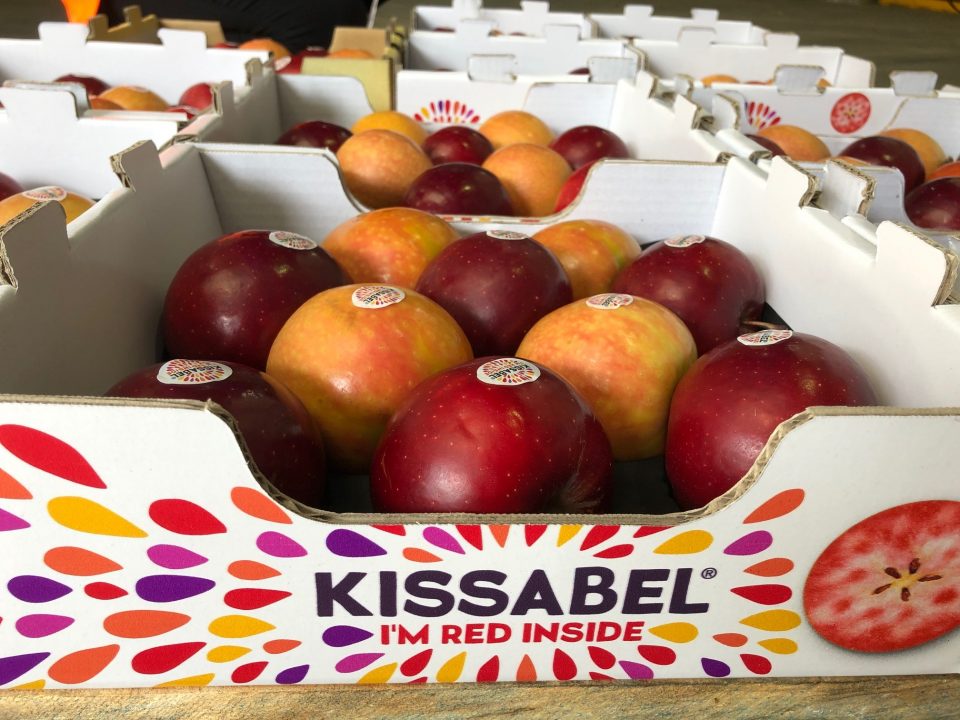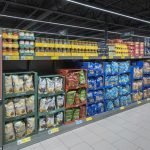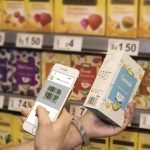KISSABEL®, SOUTHERN HEMISPHERE IS MAKING PROGRESS TOWARDS COMMERCIAL DEVELOPMENT
Australia and Chile lead the way, with good quality harvest for the red inside apple varieties, while New Zealand and Argentina report promising results
ANGERS, 28th April 2020 – The Kissabel® production in the southern hemisphere continues to make progress. From February to April, in Australia, New Zealand, South Africa, Chile and Argentina, the Ifored project partners are continuing in the assessment phase of the cultivars of the pink to deep red pulp.
Australia already sees a forthcoming marketing season for Kissabel®. “We have been really encouraged by the quality of most of the series under test in Australia – Rowan Little, general manager at Montague Fresh, explains – All of the varieties have exhibited a pleasant range of orange/salmon coloured skin with attractive deep pink to red internal colour and very attractive white lenticel on most as well”.
Montague is working on branding too, according to Little: “This year we have invested in the development of Kissabel fruit stickers and trays to build brand awareness when we share Kissabel with our customers, retailers and media, in order to get them excited for future seasons”.
Unifrutti from Chile reported a good crop too: “Despite the reduced availability of water and high summer temperatures resulting from climatic change we had a nice Kissabel® crop with excellent skin pigmentation and beautiful, intense red colours inside – says production manager Riccardo Gatti – Hopefully, we are going to start marketing the next season”.
New Zealand is making progress, with a good colour development, as reported by Paul Paynter of Yummy Fruit Company: “We have our first crop here. Quality is very good from young trees. We will carry on with tests for one or two more seasons, so commercial launch is 5 years away. The goal is to have a sweeter selection for Asia as this region represents now about 50% of our exports”.
Argentina is also in the test phase, with promising results. “During this season we have noticed that the fruits have a greater level of acidity, therefore we have opted for late harvests, in order to better balance the flavour – Nicolas Sanchez explains, spokesperson of Moño Azul – we have high expectations for some varieties of red pulp and envisage terminating the evaluation phase with the next harvest”.
The evaluation phase in South Africa is continuing even though phytosanitary quarantine, until now has allowed for the entrance of few plants. “No commercialisation has been planned at this point – Tanith Freeman, Product Development Manager at Dutoit Group, says – two of the varieties evaluated are looking promising and show potential”.



